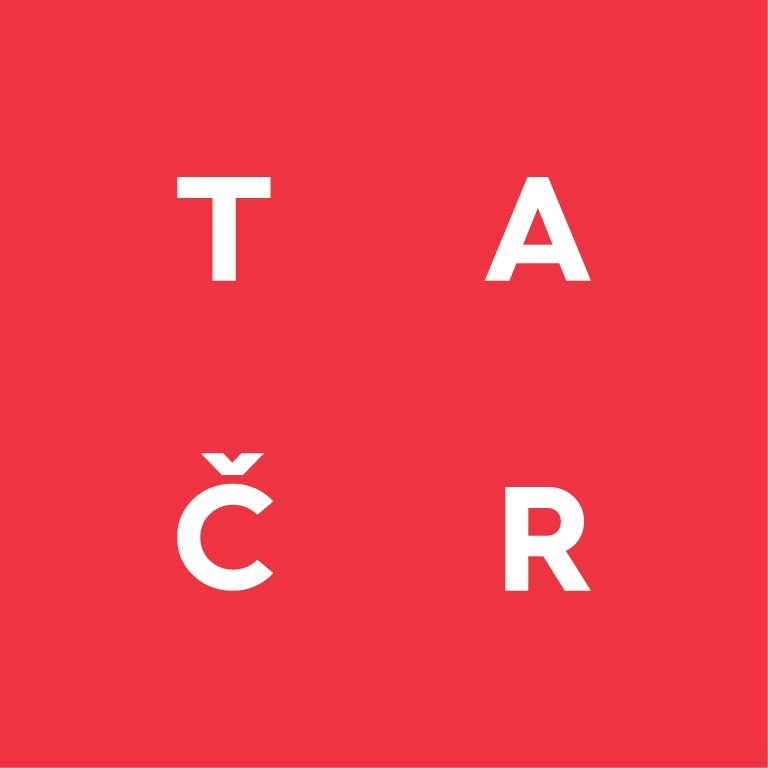This website uses cookies so that we can provide you with the best user experience possible. Cookie information is stored in your browser and performs functions such as recognising you when you return to our website and helping our team to understand which sections of the website you find most interesting and useful.
Vyhledávání

There are altogether 24 academic and industrial facilities across different parts of the Czech Republic participating in the NCC for MATCA that share a common interest in advanced technologies R&D.
Thanks to the success in the public competition of the Program of the National Center of Competence (2022), announced by the Technology Agency of the Czech Republic (TAČR) we continue on providing very perspective cooperation and applied research at NCC MATCA 2, which has successfully expanded to include 4 other partners (Institute for Hydrodynamics of the CAS, v. v. i., SHM, s. r. o., ad-tech s.r.o. and Advanced Metal Powders s.r.o.)
Academic institutions:
Commercial entities:
The University of South Bohemia in České Budějovice is a research-oriented university, focusing primarily on natural sciences, and social sciences and humanities. Their science and research activities are closely linked with the Academy of Sciences of the Czech Republic. The university consists of eight faculties, offering a selection of tertiary education study programmes. The Faculty of Natural Sciences continues in the tradition of its predecessor the Faculty of Biological Sciences established in 1991. This faculty offers bachelor’s, master’s and PhD study programmes in a number of biological disciplines, and in 2007, it extended its study programmes to offer several other disciplines (chemistry, physics, mathematics, informatics).
The research at the Department of Physics mainly concentrates on biophysics, for example on ultra-fast excited state processes in different natural systems; molecular modelling (water/water solutions simulations, phase equilibrium, solid-liquid interface), liquids modelling (numerical simulation of dynamic processes in the Sun’s corona), low-temperature plasma and materials science. The Laboratory of Plasma Physics and Nanostructures concentrates on a research focused on low-temperature plasma processes for the deposition of 1-, 2- and 3-D innovative nanostructures and (bio-) functional thin films. Their research is interdisciplinary, and is conducted on the boundaries between advanced materials science, physics and biochemistry, dealing with preparation of surfaces with potential application in biotechnology, sensors and protective surfaces. Functional thin films are prepared preferably using a plasma vapour deposition (PVD) method and plasma-enhanced vapour chemical deposition (PEVCD) method, with their topological structures adapted to dimensions ranging from the nano-scale to micron-sized layers of dense and homogeneous coatings. This method enabled the deposition of any type of inorganic substance such as metals, metal oxides, semi-conductors, polymer films, or isolated nanoparticles and nanocomposites with a high added value. The laboratory maintains cooperation with Czech and foreign partners, including business partners for applied research.

 The NCK for MATCA is supported by the
The NCK for MATCA is supported by the